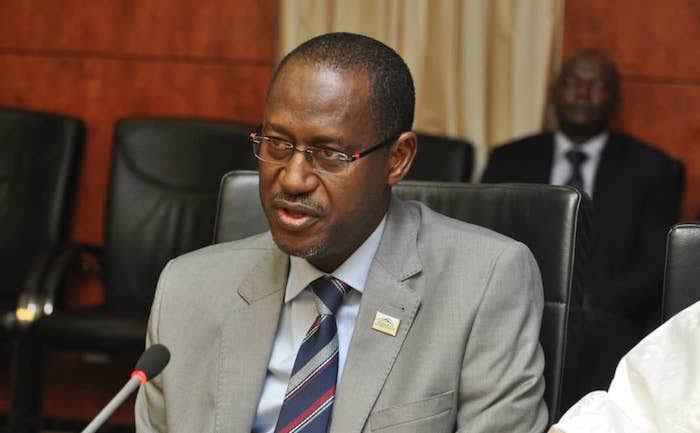Nigeria’s Minister of Housing and Urban Development, Ahmed Dangiwa, has set up a housing reform team of experts to rework the housing sector framework for affordable homes for Nigerians.
At the ministry’s Abuja headquarters, the minister disclosed this information to a group from the Housing Development Advocacy Network which was headed by Mr. Ugochukwu Obiora Chime.
The minister announced that the reform team would discuss essential changes to legislation, including the Federal Housing Authority Act of 1973, the Land Use Act of 1978, the National Housing Fund Act of 1992, and the Federal Mortgage Bank of Nigeria Establishment Act of 1993.
He clarified that the reform team, which would include officials from HDAN, organisations, trade associations, and academic institutions, would carefully examine pertinent legislations in order to create a strong framework for the housing sector’s transformation.
With an emphasis on improving efficiency, transparency, and accountability, the team’s duties will include organising all prior reform blueprints, white papers for the agencies, and identifying areas in need of reform.
Regarding housing statistics, he revealed that a taskforce inside the ministry had been established and was collaborating with the National Population Commission to create survey instruments that would tackle housing-related inquiries in the forthcoming population and housing census.
“We invited and met with the Presidential Technical Committee on Land Reforms; we now have access to the comprehensive work they have done over the past 14 years on Land Reforms in our country. Immediately after the meeting, we set up an Internal Ministerial Committee to review and recommend for inclusion in our land reforms strategy, relevant parts of their recommendations will be the establishment of the National Land Commission to spell out the guidelines and regulations for operationalising the Land Use Act, 1978,” he stated.
Nigeria requires at least 28 million housing units in order to appropriately house its population, according to estimates of the country’s housing gap as of 2023.
To make up the difference, housing units worth an estimated N21 trillion will have to be provided. This will involve building enough houses to accommodate the entire population.


 Metro2 days ago
Metro2 days ago
 Sports2 days ago
Sports2 days ago
 Politics1 day ago
Politics1 day ago
 VenturesNow1 day ago
VenturesNow1 day ago

























